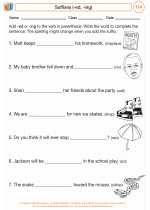Roots/Prefixes/Suffixes
Roots, prefixes, and suffixes are important elements in the English language that can help you understand the meaning of words. They are the building blocks of vocabulary and can help you figure out the meaning of unfamiliar words.
Roots
A root is the base of a word, to which prefixes and suffixes can be added. Understanding roots can help you recognize the core meaning of a word. For example, the root "bio" means life, so words like "biology" and "biography" are related to the study of life.
Prefixes
A prefix is a group of letters added to the beginning of a word to change its meaning. Common prefixes include "pre-" (before), "un-" (not), and "re-" (again). For example, adding "un-" to the word "happy" creates the word "unhappy," which means not happy.
Suffixes
A suffix is a group of letters added to the end of a word to change its meaning. Common suffixes include "-able" (able to be), "-ful" (full of), and "-less" (without). For example, adding "-able" to the word "comfort" creates the word "comfortable," which means able to be comforted.
Study Guide
- Identify the root, prefix, and suffix of the following words:
- Unhappiness
- Reread
- Biohazard
- Create new words by adding prefixes or suffixes to the following roots:
- Tele- (meaning distant)
- Act (meaning to do)
- Friend (meaning a person whom one knows and with whom one has a bond of mutual affection)
- Write a short paragraph using at least five words with prefixes, suffixes, or roots.
[Roots/Prefixes/Suffixes] Related Worksheets and Study Guides:
.◂English Language Arts Worksheets and Study Guides Fourth Grade. Roots/Prefixes/Suffixes

 Activity Lesson
Activity Lesson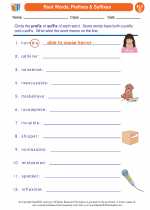
 Activity Lesson
Activity Lesson
 Worksheet/Answer key
Worksheet/Answer key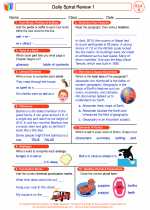
 Worksheet/Answer key
Worksheet/Answer key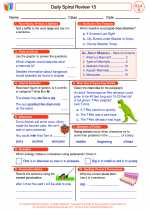
 Worksheet/Answer key
Worksheet/Answer key
 Worksheet/Answer key
Worksheet/Answer key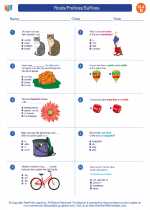
 Worksheet/Answer key
Worksheet/Answer key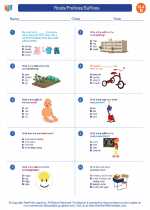
 Worksheet/Answer key
Worksheet/Answer key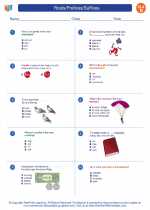
 Worksheet/Answer key
Worksheet/Answer key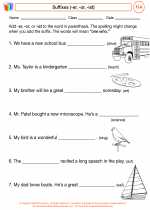
 Worksheet/Answer key
Worksheet/Answer key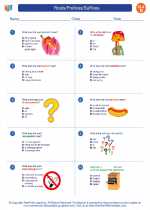
 Worksheet/Answer key
Worksheet/Answer key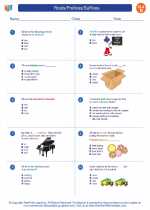
 Worksheet/Answer key
Worksheet/Answer key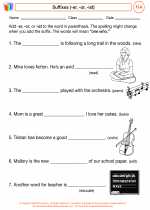
 Worksheet/Answer key
Worksheet/Answer key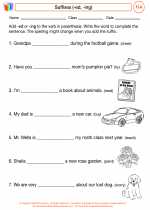
 Worksheet/Answer key
Worksheet/Answer key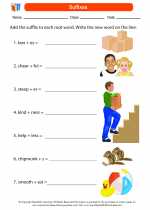
 Worksheet/Answer key
Worksheet/Answer key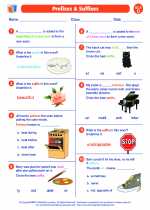
 Worksheet/Answer key
Worksheet/Answer key
 Worksheet/Answer key
Worksheet/Answer key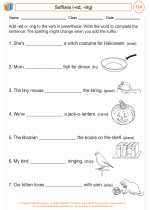
 Worksheet/Answer key
Worksheet/Answer key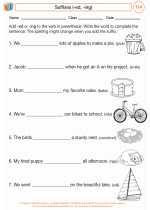
 Worksheet/Answer key
Worksheet/Answer key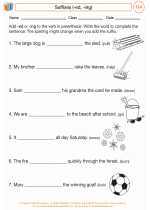
 Worksheet/Answer key
Worksheet/Answer key